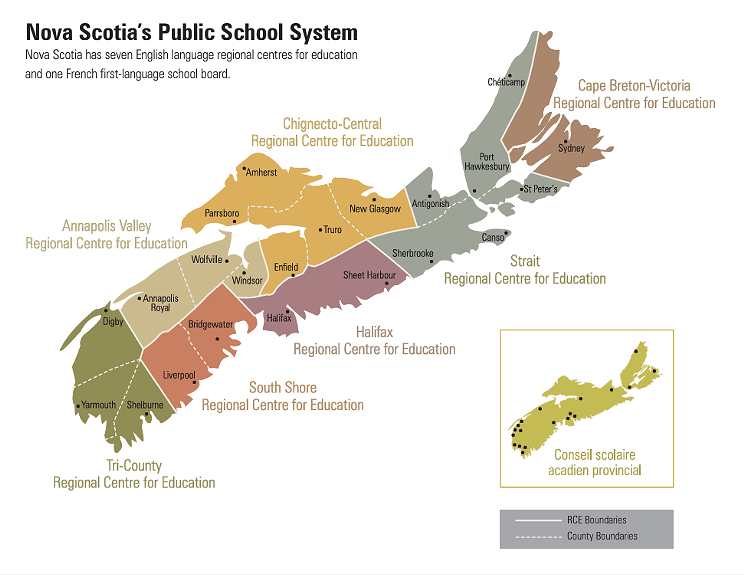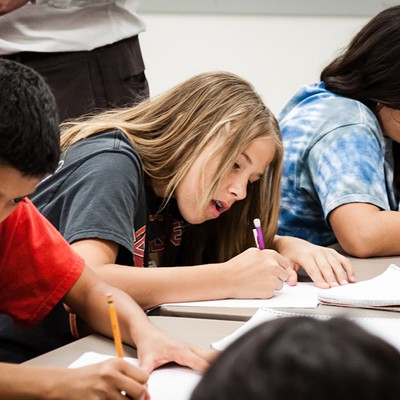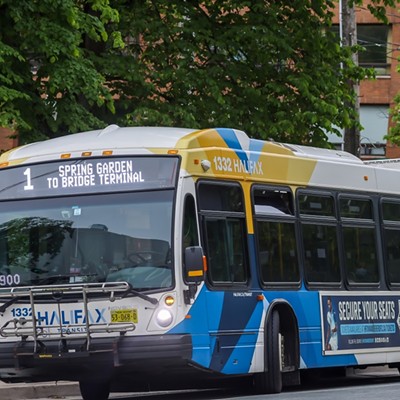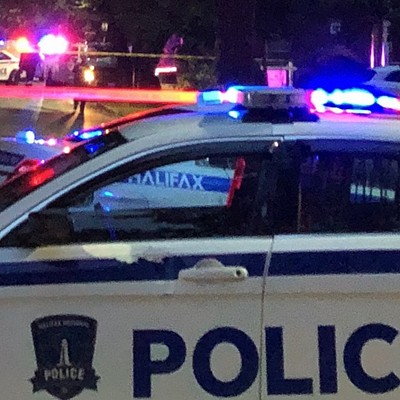NDP member and caucus chair Suzy Hansen is a former elected Halifax Regional School Board member. She is also a former member of the School Advisory Council—or SAC. She represents the district of Halifax-Needham in the provincial legislature. Of Hansen’s two former roles, the latter position still exists. The former does not.
That’s because English school boards across the province were dissolved in 2018 by the Liberal government of the day, in favour of a single advisory council for each of the seven regional education districts. Hansen says current premier Tim Houston and his Progressive Conservatives have had three years in office to reverse the Liberal decision, but they haven’t.
“This government said they wanted to bring school boards back when they ran in the [2021 provincial] election,” Hansen tells The Coast. “They need to stand by their word.”
On Sep. 6—the second day students are back in class—Hansen introduced a private member’s bill—Bill 468—into the provincial legislature.
This bill would see public school boards reinstated by September 2025 through the following proposed timeline:
- By Dec. 1, 2024, the minister of education and early childhood development, Becky Druhan, will establish a committee to plan the re-introduction of public school boards across the province. This committee must include educators, parents of students, and school community members from each of the seven regional school districts, former school board members, and representatives from regional centres for education.
- By Jan. 31 2025, this committee will submit a report to Druhan regarding the location and boundaries of reinstated school boards; who will sit on school boards, including members from diverse communities and equity-seeking groups; what school boards will be responsible for; how they will be held accountable; and any other findings from the committee.
- Druhan will then turn the findings of this report into legislation to bring to the legislature, ensuring that school board elections are held no later than July 1, 2025, and school boards are reinstated no later than September 1, 2025.
From Friday’s introduction, Hansen’s School Board Re-introduction Act can move on to its second reading. At that point, members of the legislature will debate the bill on principle before it can move into a committee review period and continue its process to potential assent.
On Friday, at the legislature, reporters asked Houston whether he thought the school board should be reinstated by 2025.
“We want communities to have a local say,” he answered. “That's important for us in health care and education [and] that's always been our position.” He said that, right now, School Advisory Committees—or SACs—are “functioning, they’re putting ideas forward and are very engaged.” Houston says his government is working with SACs “at the moment” because “having a voice for communities is really important, and we think the SACs can be that voice—but I think we've shown as a government, too, that if we need to change, we'll change. But we think where we're at right now is a good place.”
NDP leader Claudia Chender said, “school boards, like the Nova Scotia Health Authority Board, which this government also dissolved, were independent layers of democratic accountability.”
Chender said that current criticisms about education right now—such as violence in schools, the Code of Conduct review, provincial spending on new school builds to address overcrowding—“these are all things that were within the purview of school boards.” Chender said the NDP’s position on school boards is the same as it was when they were dissolved in 2018. They need to be reformed, yes, but today’s bill “doesn't prescribe how many boards there are or what form they take—but what it says is the public, families and students deserve a level of accountability from this government that they are not getting.”
Chender said the “dangerous outcomes of that lack of accountability” now show up in the Houston government “politicizing where new schools get built, applauding themselves for adding modulars—which until very recently would have been a source of shame for any government that all they can do is put in temporary classrooms in parking lots and take away recreation spaces—and in the auditor general's report on school violence, which was damning and which this government refused to acknowledge was even an issue until the report was published.”
Druhan was asked by reporters whether Houston had passed on his election promise of reinstating school boards to her office. In response, Druhan said her mandate and directive when she assumed the role was to “enhance local voice in the system,” saying they’ve done that through reaching out to communities, existing school advisory councils, families, staff and more “to find out what it was that they were looking for that would enhance local voice, that would increase connection, and, as a result of what we heard from them, this is what we've created.”
Druhan said during public consultations, there certainly were some conversations around school boards, but beyond that, “we heard that people wanted more engagement and connection.” Druhan said community members wanted to be more involved with decision-making, so they created advisory councils at the school, regional and ministerial levels. “We've really tailored our local voice work to what we heard community members want.”
She says she’s “not willing to close the door” on their “enhanced” SAC model, saying they’ve done “incredible work” this past year as the Department of Education has “been working to enhance them.” Druhan said that SACs “have played a key role in the development of bringing cell phones out of classes; they've been involved in the work that has led to the Nova Scotia school lunch program; and I'll be meeting with the SACS in their first annual conference on September 27 [where] I look forward to reviewing with them the Code of Conduct that is a key piece of our safety plan.”
On the flip side, said Hansen, without school boards, “you no longer have that additional community voice and the local voice to be able to speak to what's happening in their schools.”











